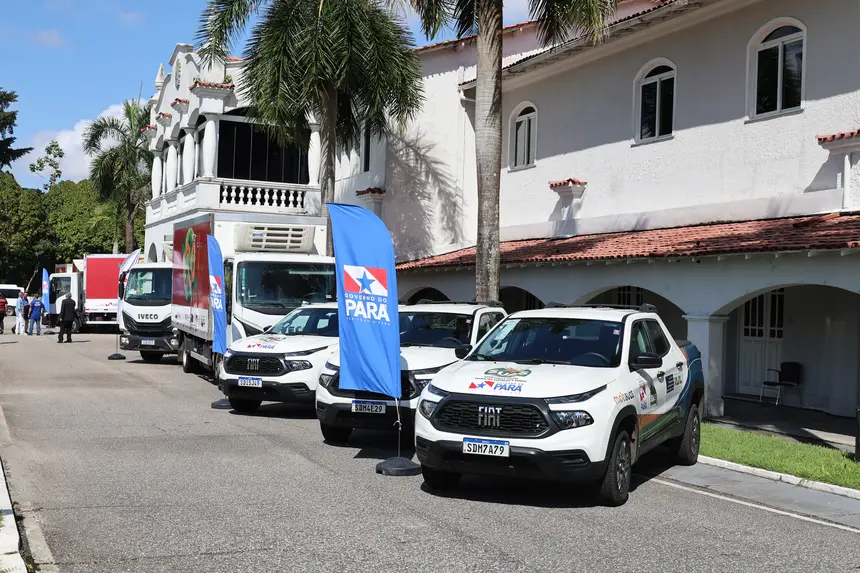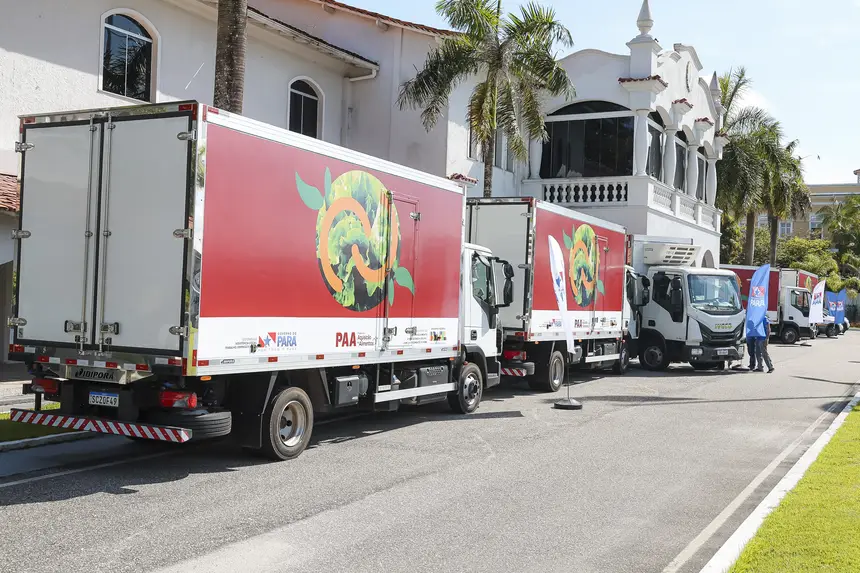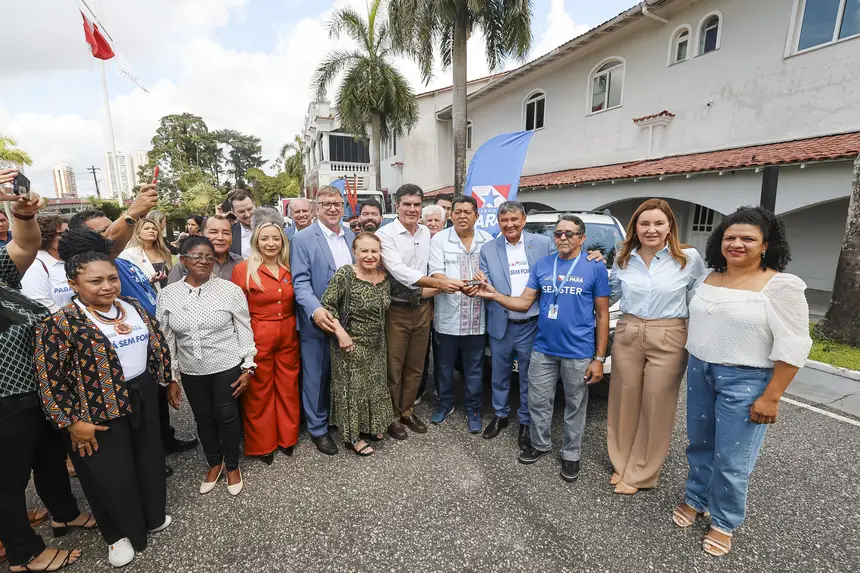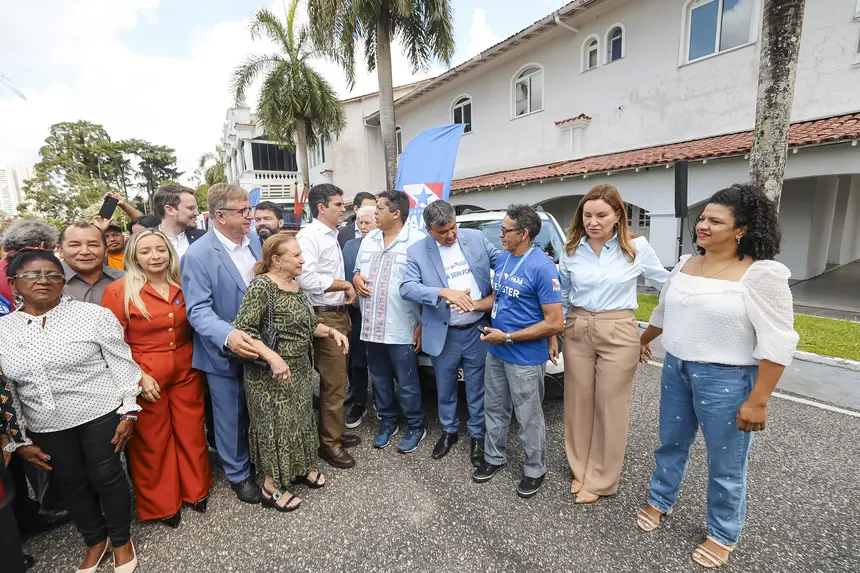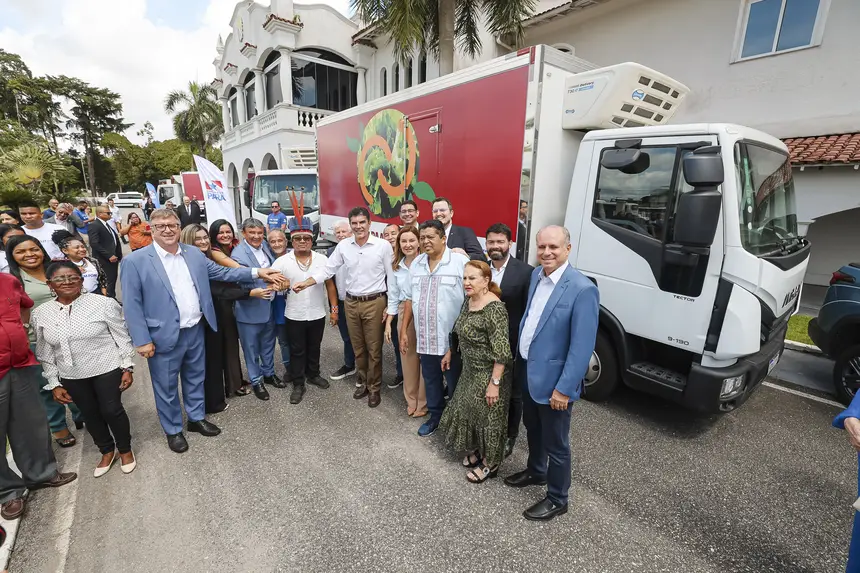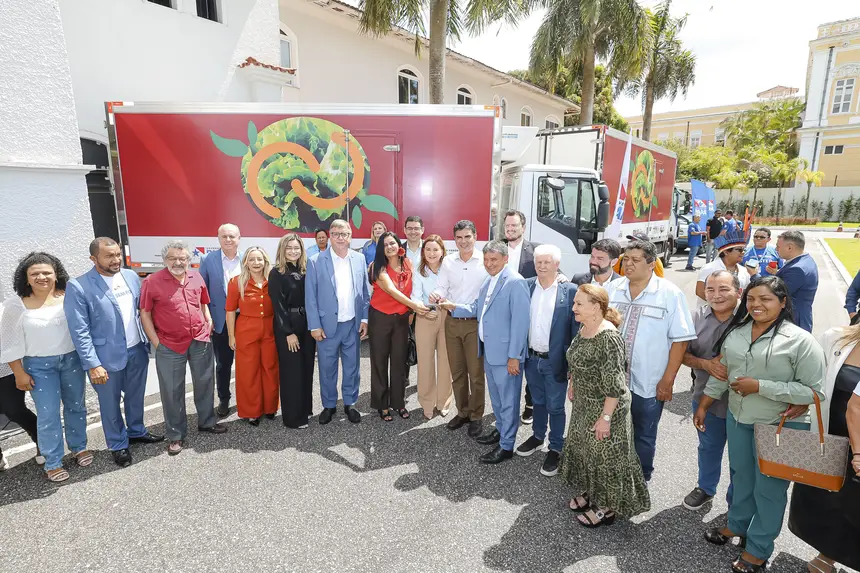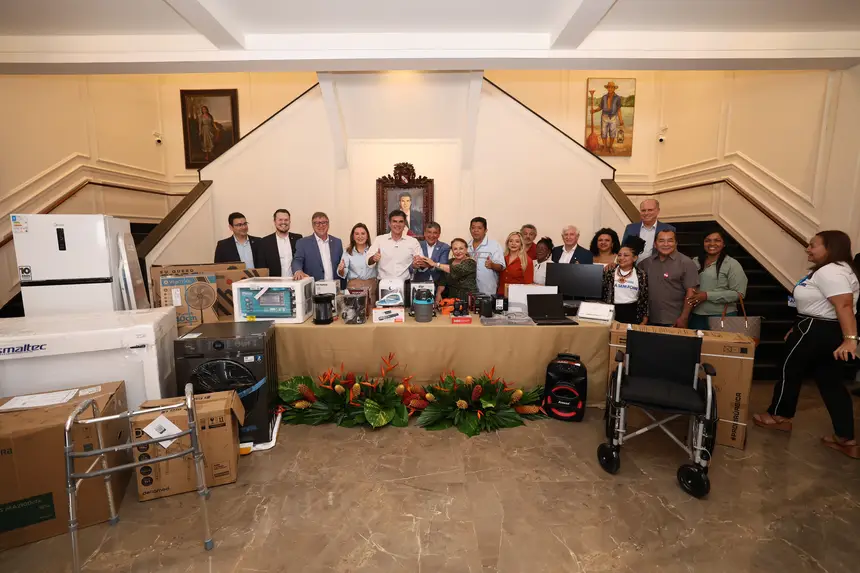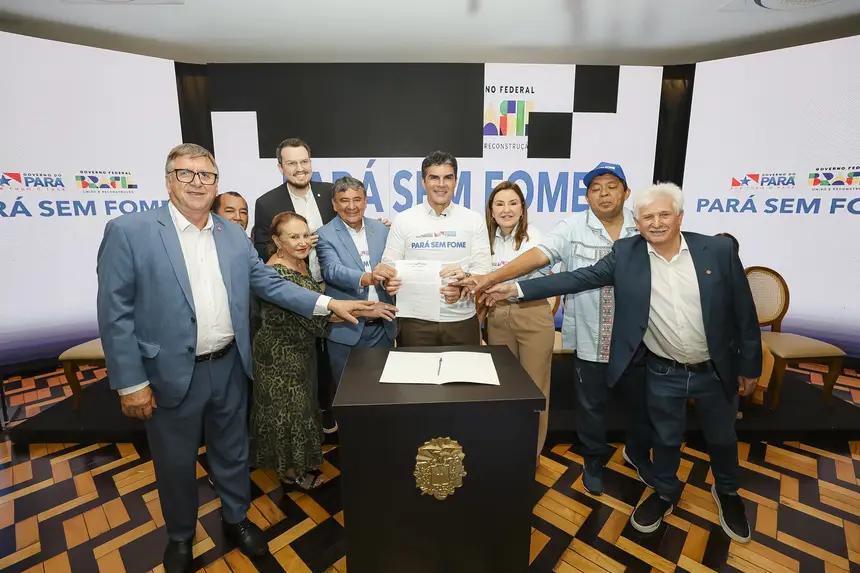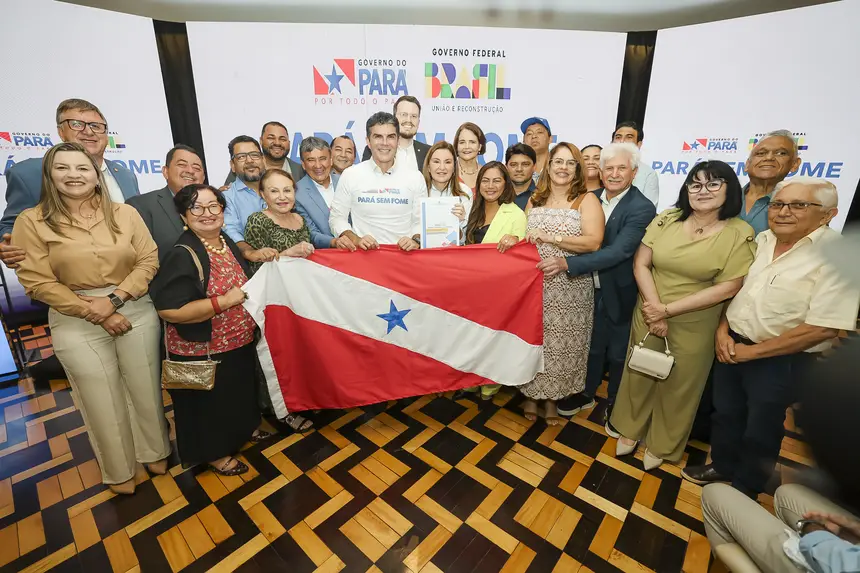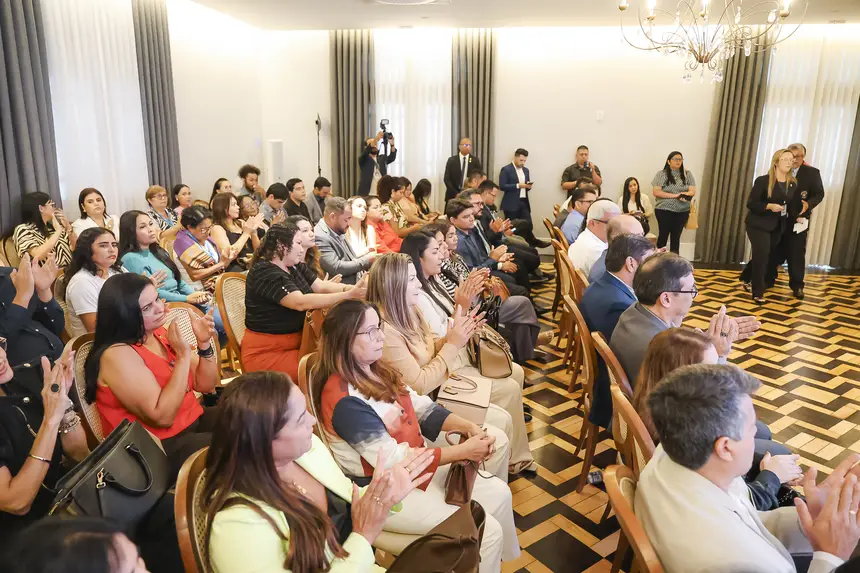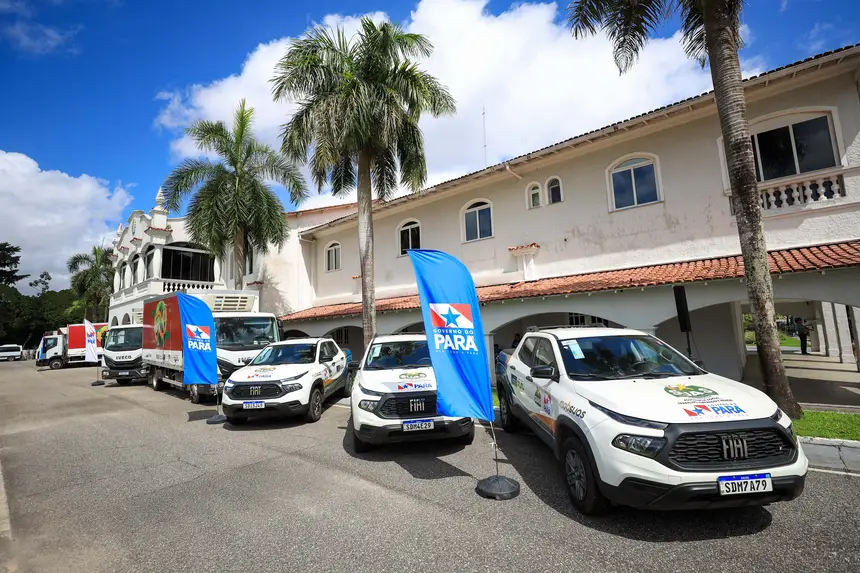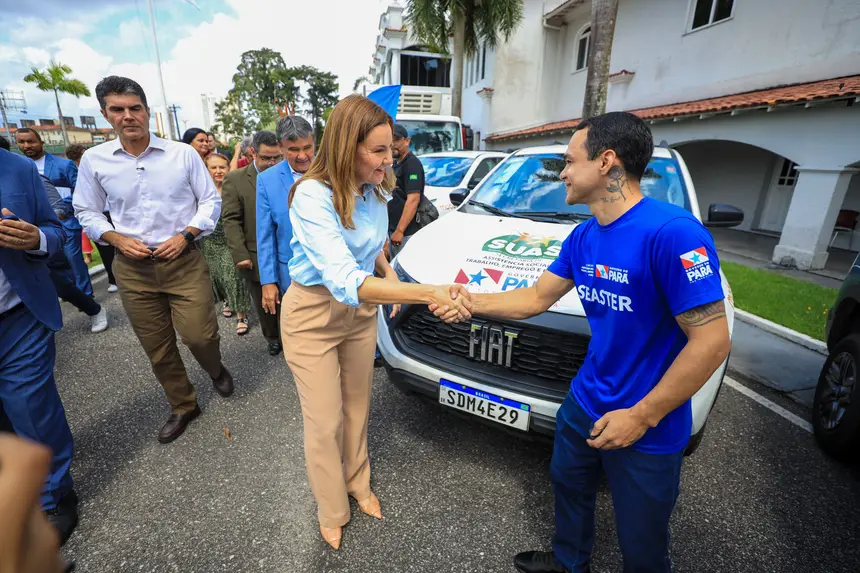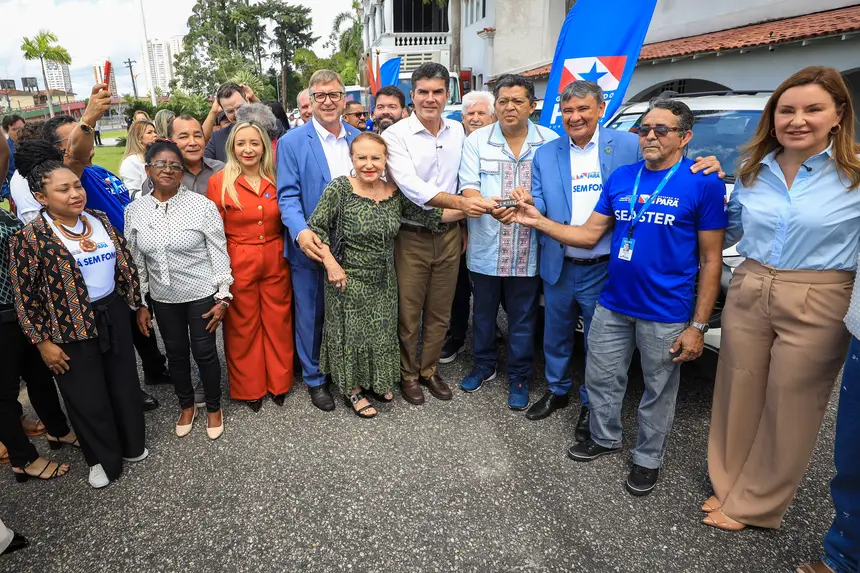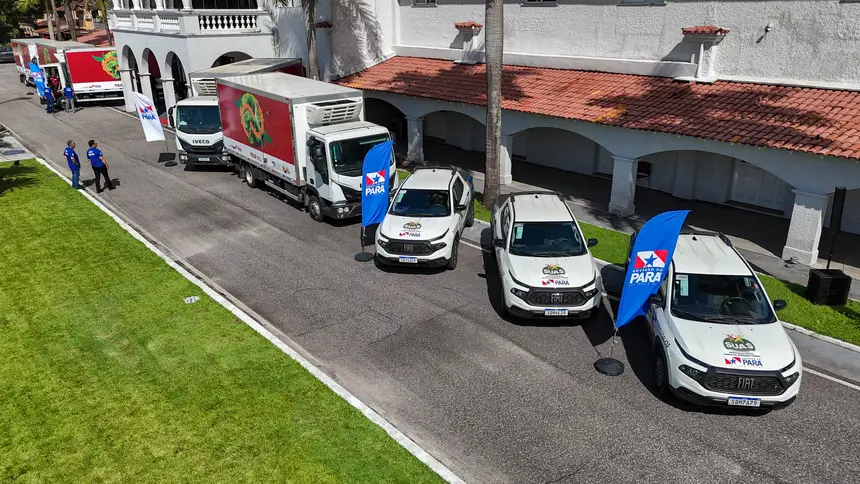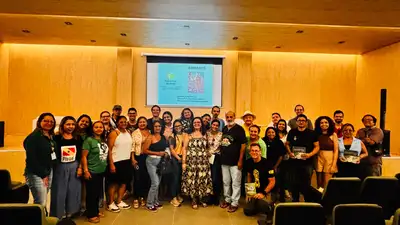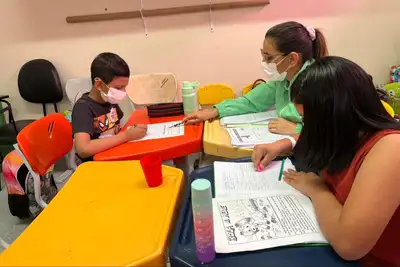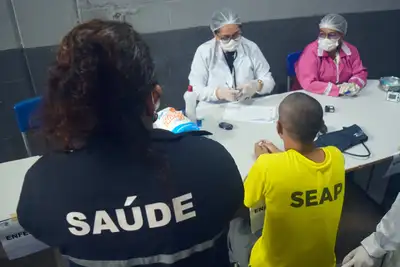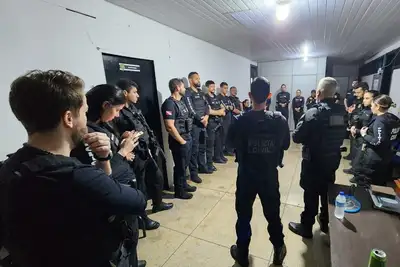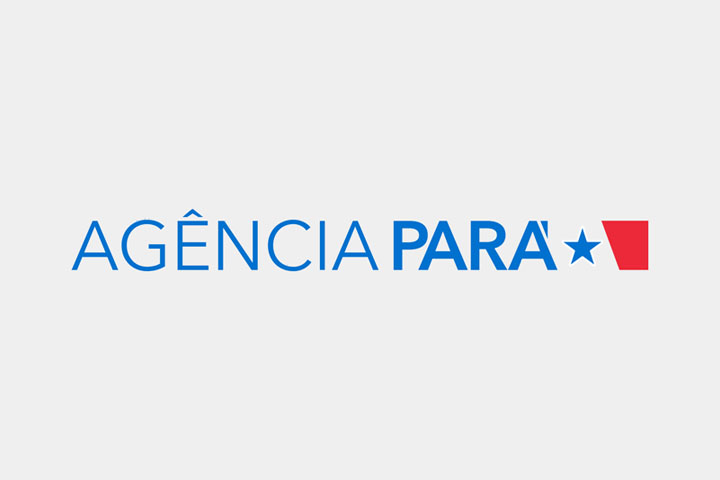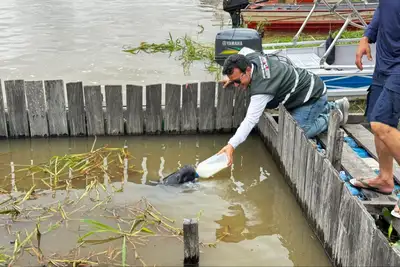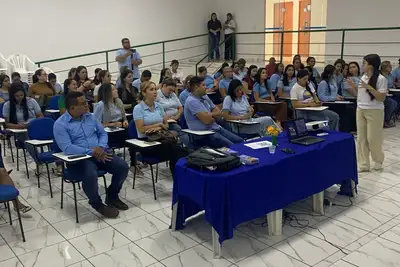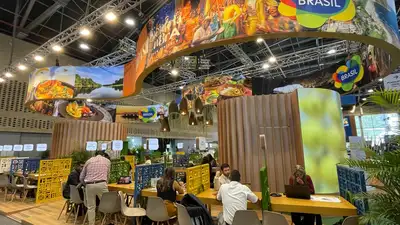Government of Pará launches macroeconomic package for social development and hunger combat
Initiatives aim to improve social indicators and ensure food for the population in vulnerable situations
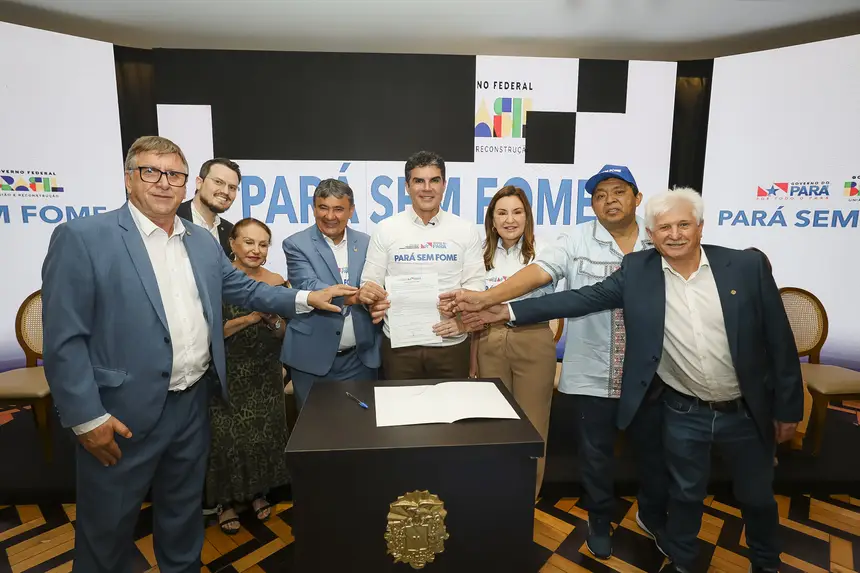
The governor of Pará, Helder Barbalho, announced a package of actions for social development and hunger combat in Pará. The initiative, carried out in partnership with the federal government, marks one of Brazil's largest efforts to tackle social inequalities and improve food security indicators.
"We all have the mission to ensure that the fight against poverty is at the center of the agendas of the state government, the federal government, and municipalities," highlighted the governor during the ceremony.
The program "Pará Sem Fome" (Pará Without Hunger) was one of the main actions presented, with the signing of a decree aimed at ensuring adequate and healthy food for those in food insecurity. The project has an initial investment of R$ 1.6 million and seeks to create and expand initiatives that reduce hunger, promoting the mobilization of resources and donations.
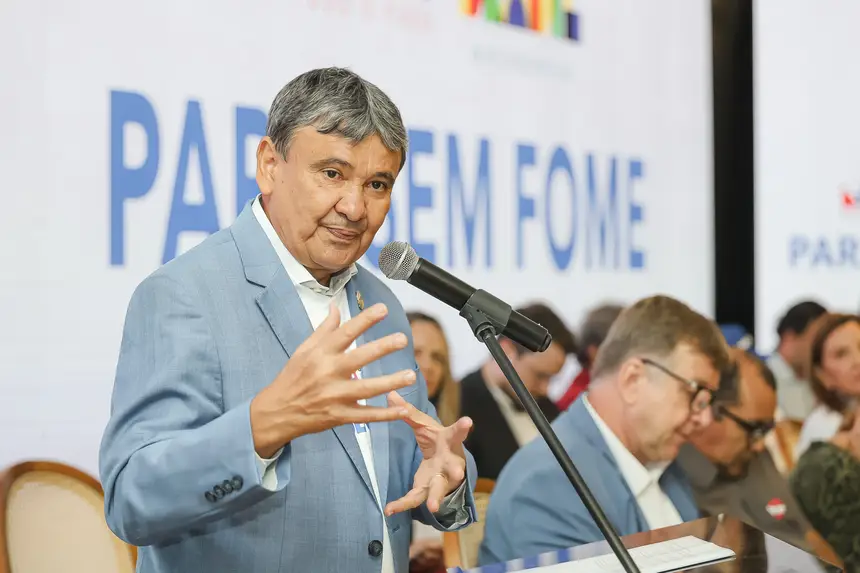
Wellington Dias, Minister of Development and Social Assistance, praised the government's actions on reducing hunger and poverty. "The Government of Pará stands out in Brazil for taking people out of food insecurity and poverty, promoting the middle class," commented Dias, emphasizing the integration between state and federal governments. "We celebrate new stages within Pará without hunger, integrated into the development plan."
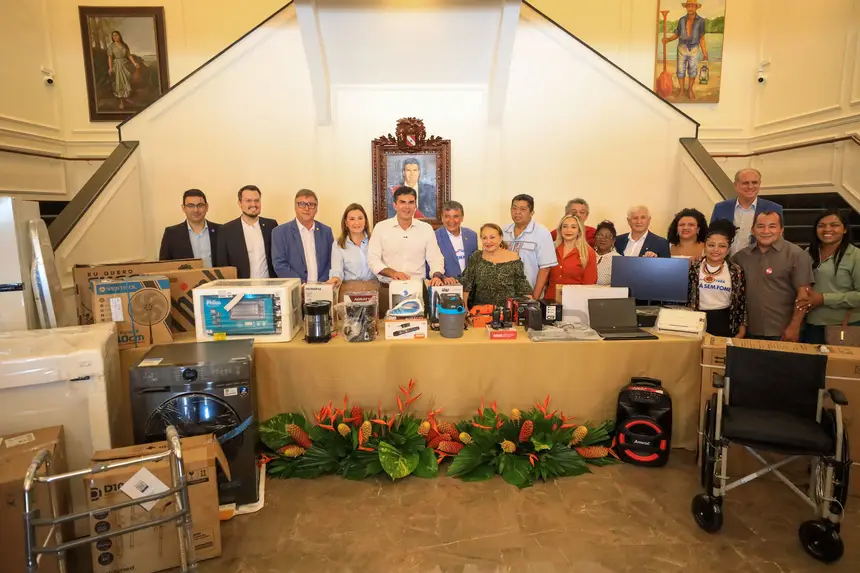
"The partnership with the federal government is essential for Pará to grow and benefit all citizens," stated the governor, emphasizing the importance of ensuring access to food and job opportunities.
The head of the state executive also emphasized that development encompasses not only the provision of food but also improvements in living conditions, such as access to drinking water and basic sanitation. "It is unacceptable that with so much technology, there are still people going hungry," added Barbalho.
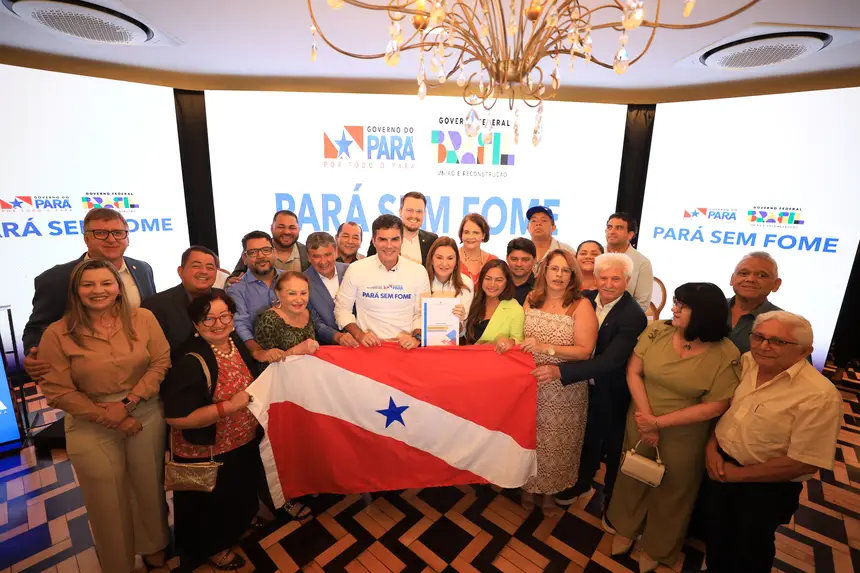
During the ceremony, several commitments were signed, including the implementation of 266 units of household sanitation systems. These structures aim to improve sanitary conditions and water storage, benefiting more than 1,900 people in various municipalities, such as Anajás, Chaves, and Ponta de Pedras.
Social inclusion was also a central theme during the event, with the adherence to the National Plan for Persons with Disabilities. The goal is to strengthen accessibility and citizenship policies, ensuring rights and improvements in the living conditions of people with disabilities in the state.
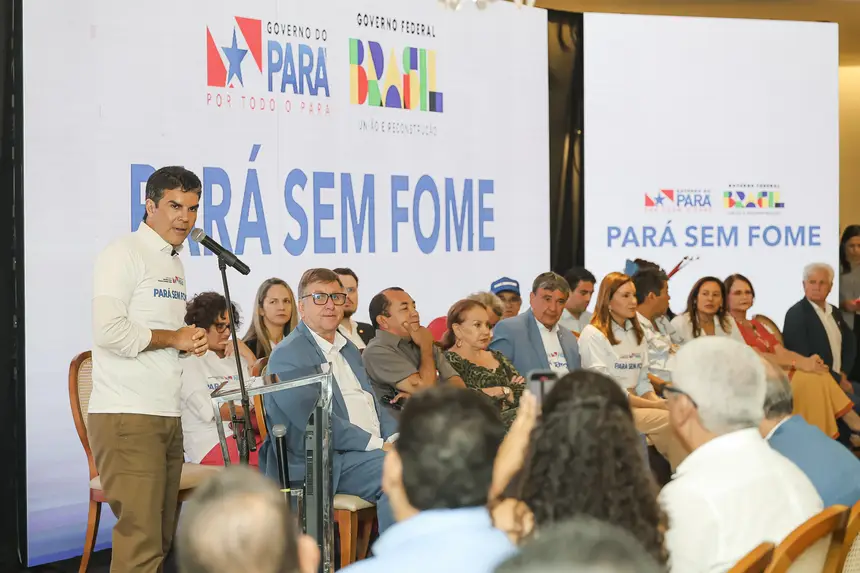
The program "Pará Sem Fome" primarily aims to reach people in extreme vulnerability. "We are here to ensure that everyone can have food on the table and opportunities for a dignified life. It is a significant step towards a better future for our state," stated Governor Helder Barbalho.
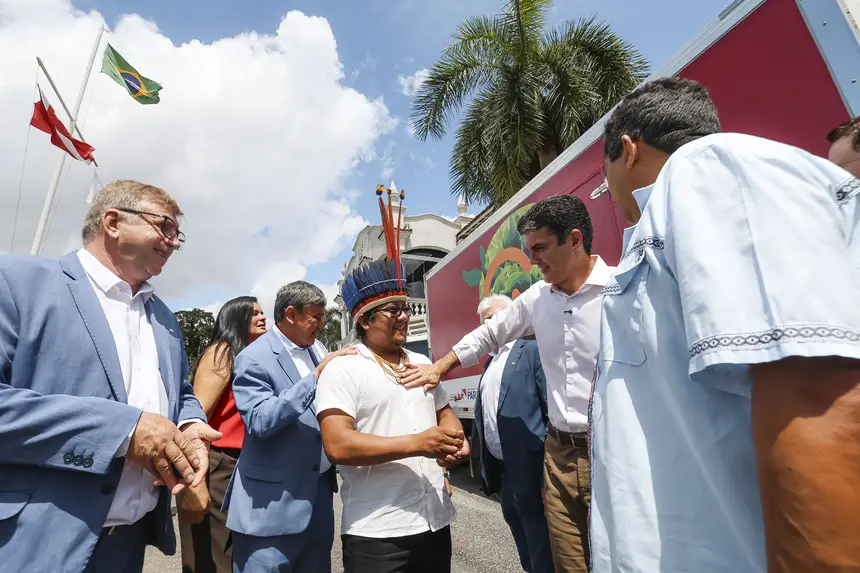
In addition to initiatives focused on food, the government delivered five refrigerated trucks for the execution of the Food Acquisition Plan (PAA), promoting access to food and encouraging family farming.
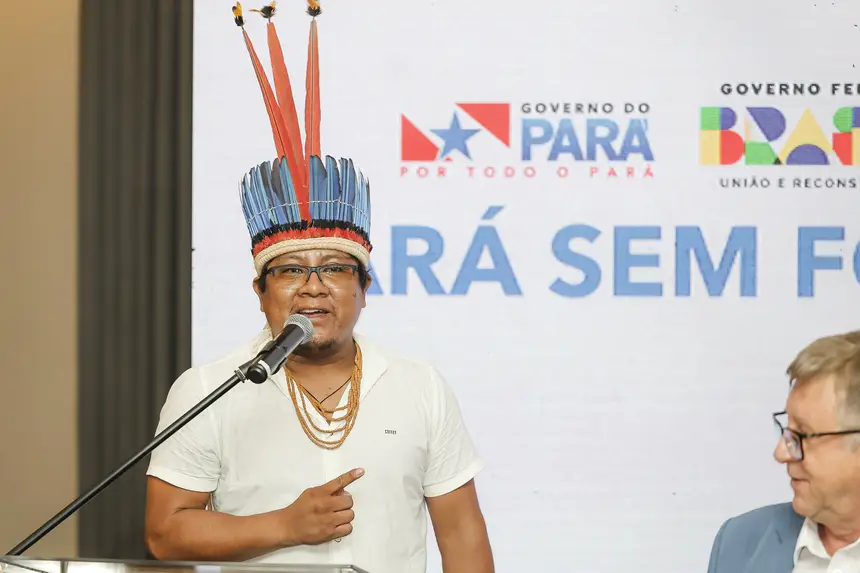
Walter Wai Wai, an indigenous leader from the Oriximiná region, expressed his satisfaction. "We are receiving vehicles that will serve our villages. It is a victory for us, as we have never had this opportunity before."
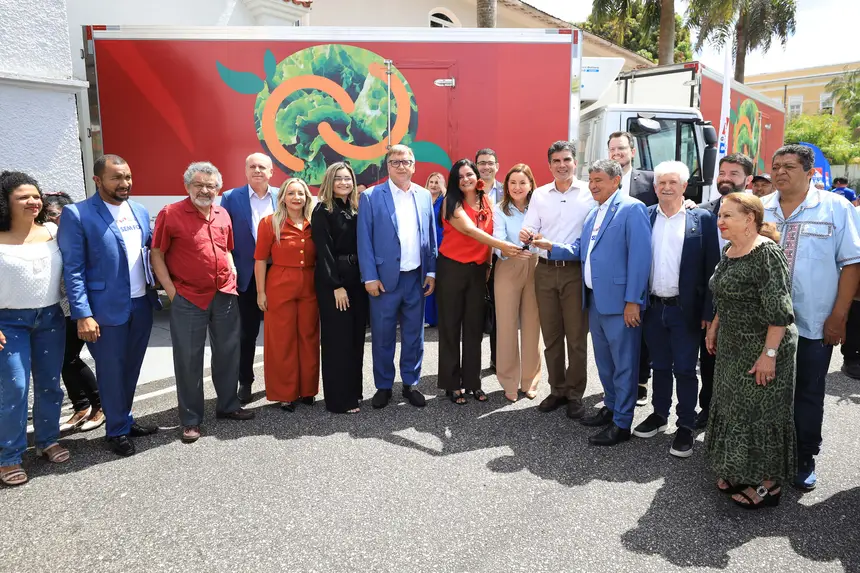
The actions announced today also include the signing of a commitment term for the public call for social technologies for access to water, and the delivery of three vehicles for shelters aimed at women in vulnerable situations. The package also includes essential items, such as appliances and surveillance equipment, to improve the conditions of reception.



